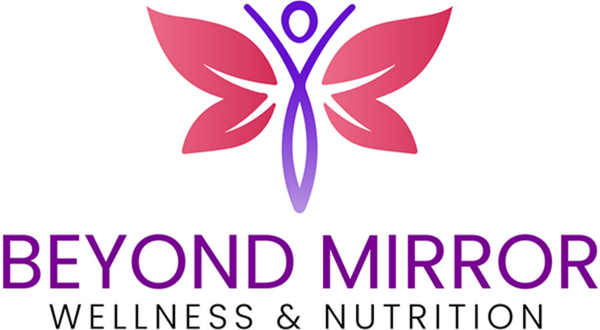Introduction:
In recent years, the spotlight on gut health has become brighter as scientists and health enthusiasts delve into the intricate connection between our digestive system and overall well-being. From balancing good and bad bacteria to impacting mental health, the gut plays a critical role in maintaining optimal health. In this comprehensive guide, we’ll explore the importance of gut health and reveal key insights that can positively impact your overall well-being.
Understanding gut health:
The wonder of the microbiome:
At the center of gut health is the microbiome, a vast ecosystem of trillions of microorganisms that reside in the digestive tract. These microorganisms, including bacteria, fungi, and viruses, work symbiotically to aid digestion, nutrient absorption, and even play a role in regulating the immune system.
Balancing act:
Achieving a balance between good and bad bacteria is crucial for optimal gut health. Imbalances can cause a variety of problems, from digestive discomfort to more serious conditions such as irritable bowel syndrome (IBS) and inflammatory bowel disease (IBD).
The gut-brain connection:
The mind matters:
Surprisingly, the gut is often referred to as the “second brain” due to its intricate connection to the central nervous system. This gut-brain axis influences not only digestive processes but also mental health. An imbalanced gut can contribute to anxiety, depression, and even affect cognitive function.
Food for thought:
Your dietary choices play an important role in shaping your gut microbiome. Incorporating high-fiber foods, fermented products, and a wide range of fruits and vegetables can promote the growth of beneficial bacteria, promoting a healthier gut environment.
Tips to improve intestinal health:
Power of probiotics:
Probiotics, often called “good bacteria,” can be obtained through supplements or fermented foods such as yogurt, kefir, and sauerkraut. These beneficial microorganisms contribute to a balanced microbiome.
Prebiotic base:
Prebiotics are non-digestible fibers that nourish the good bacteria in the intestine. Sources include garlic, onion, bananas and asparagus. Including prebiotics in your diet can encourage beneficial microbes to flourish.
Hydration habits:
Staying adequately hydrated is essential for a healthy gut. Water aids in the digestion and absorption of nutrients, preventing constipation and promoting general intestinal function.
Conclusion:
Prioritizing gut health is a holistic approach to wellness that influences not only our digestive processes but also our mental and immune health. By understanding the importance of maintaining a balanced microbiome and adopting lifestyle habits that promote gut health, you can embark on a journey toward greater vitality and longevity.
Remember, a healthy gut is the key to unlocking your body’s full potential. Start making conscious decisions today to foster the symbiotic relationship between you and your gut.
